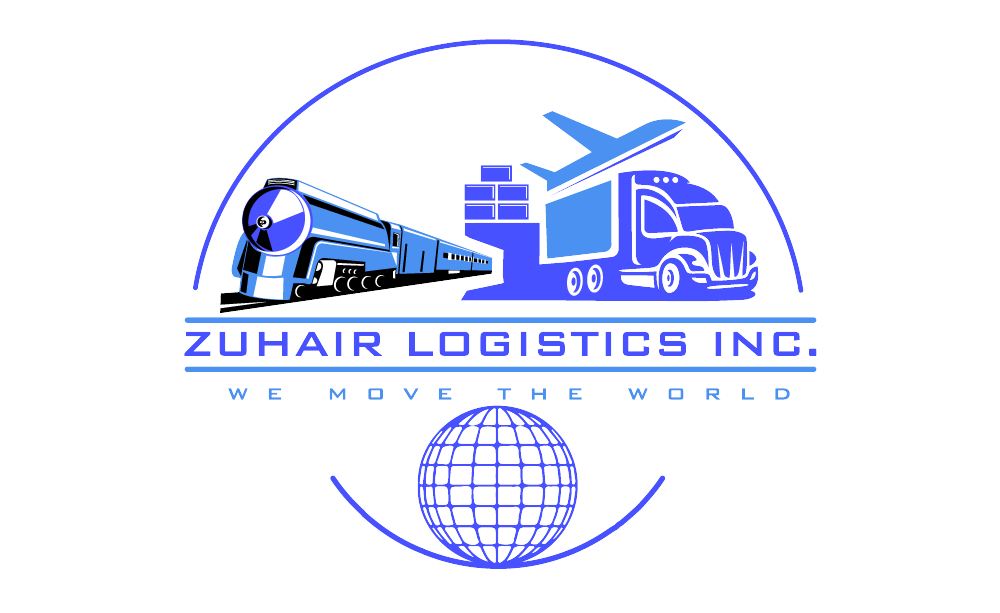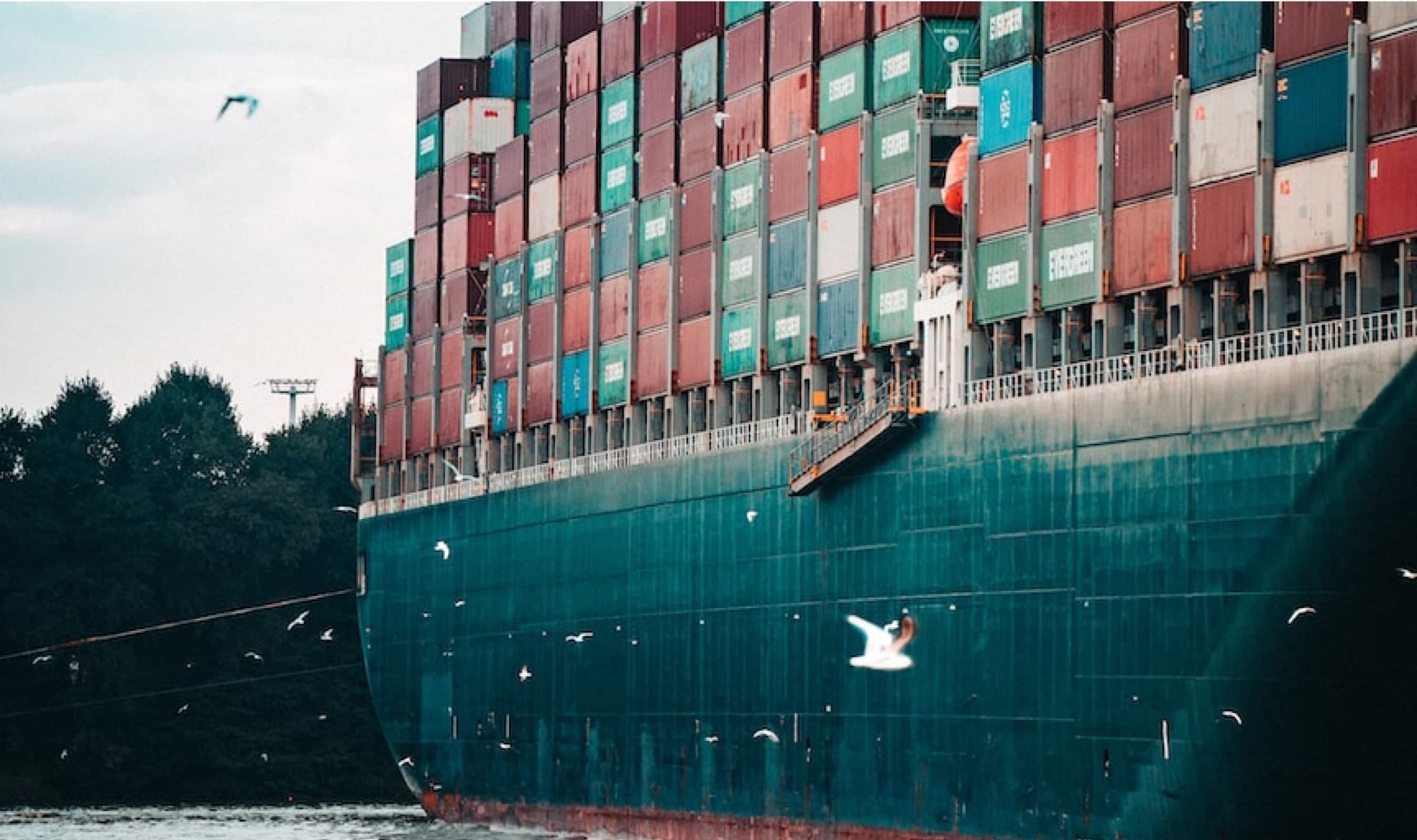Today, climate change is a reality that is reshaping sectors globally, not just a future threat. The logistics industry, with its intricate reliance on transportation networks, is particularly vulnerable to these changes. The challenges presented by climate change are diverse and intricate, from the risk of rising sea levels to the disruption of supply systems by extreme weather events. This blog takes a comprehensive look at the various ways in which climate change is impacting global logistics operations, and provides a range of potential solutions.
The Impact of Climate Change on Global Logistics
- Disruption of Transportation Networks:
Hurricanes, floods, and wildfires are examples of extreme weather events that can interfere with transportation networks, leading to delays and supply chain disruptions. Hurricanes, for instance, have the potential to impede shipping and oil production in the Gulf of Mexico, which might result in shortages and an increase in fuel prices.
- Vulnerability of Port Infrastructure:
Rising sea levels and stronger storm surges threaten port infrastructure. While inland ports may experience difficulties due to shifting river levels and waterway transportation, coastal ports are vulnerable to erosion and flooding. This vulnerability may disrupt port and cargo handling operations, impacting international commerce flows.
- Supply Chain Disruptions:
Events linked to the climate can cause problems for the manufacture and delivery of commodities, which can cause problems for the supply chain. Droughts and heat waves, for example, can affect agricultural output and result in food and raw material shortages. Similarly, delays in transportation networks can cause shortages in inventories and delays in production by delaying the delivery of commodities.
- Increased Operational Costs:
Logistics companies may incur higher operating costs due to adapting to the effects of climate change. Investments in resilient infrastructure, such as flood defenses and stormwater management systems, are essential to safeguard assets and guarantee business continuity. Operational costs may also rise as a result of rising fuel and insurance charges.
Strategies to Mitigate Climate Change Impacts
- Resilient Infrastructure Investments:
Resilient infrastructure investment is essential to reducing the effects of climate change on logistical operations. This entails strengthening transport networks to increase resilience, upgrading port facilities to resist extreme weather events, and enhancing drainage systems to lower the danger of flooding.
- Diversification of Supply Chains:
Supply chain diversification can lessen the chance of disruptions from weather-related disasters. This involves procuring goods from several vendors in various locations, taking alternate transit routes, and keeping backup supplies on hand in case of emergencies.
- Adoption of Sustainable Practices:
Using sustainable methods can lower logistics operations’ carbon footprint and aid in the fight against climate change. This includes making fuel-efficient car purchases, planning transportation routes to reduce emissions, and powering warehouse operations using renewable energy sources.
- Collaboration and Information Sharing:
For the logistics industry to manage climate risks properly, stakeholders must cooperate and share information. This involves working together on infrastructure resilience initiatives, exchanging weather patterns and climate projections data, and organizing emergency response activities during climate-related incidents.
- Policy Support and Regulation:
Addressing the issues posed by climate change in the logistics industry requires implementing government policies and regulations. This entails implementing policies to lower greenhouse gas emissions, rewarding investments in climate-resilient infrastructure, and offering assistance with adaptation and mitigation initiatives.
Conclusion
Global logistics operations face many obstacles due to climate change, including higher operating costs and disruptions to transportation networks. Logistics firms can, however, reduce these risks and increase their resilience to climate-related effects by making strategic investments and early planning. By implementing sustainable practices, diversification of supply chains, resilient infrastructure investment, and stakeholder collaboration, the logistics industry can effectively address climate change challenges while promoting international trade and economic expansion. At Zuhair Logistics Inc., we’re dedicated to tackling the problems brought on by climate change and putting plans in place to ensure our business is resilient and sustainable. To learn more about our efforts to mitigate the effects of climate change and how we may help your logistics needs in an ever-changing environment, contact us today.

